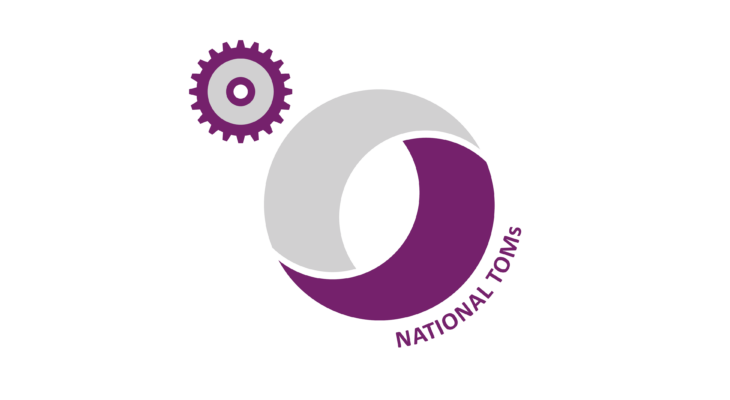The Social Value Act (SVA) has been in force since 2013. A small Act of Government, this has slipped completely under the radar of the majority of businesses for the last few years – the main reason being that changes weren’t immediately seen through supply chain.
The SVA is however something that businesses now need to engage with. Most companies supplying within public sector or as framework providers will be starting to have conversations with contract managers about evidencing social impact through contract delivery. And most companies are going to be somewhat confused by this.
Appropriate Social Impact Requirements.
The key principle to hold as both a procurer of services, or supplier of services, is that any social impact activity needs to be appropriate to the value and type of contract being delivered. Taking Apprenticeships as an example, what this means in practice is that unless you’re delivering a contract of several hundreds of £thousands, a customer can’t hold you to creating an apprenticeship around that contract delivery – for large contracts however, this may be an appropriate requirement – this won’t be anything new to the construction sector which has been operating under these requirements for several years.
For a smaller value contract, a customer is more likely to be looking for an commitment to developing young people; this might include offering apprenticeship opportunities where appropriate for the business (for a staff team of 20 people, this might only be once every few years for example), offering work experience opportunities with schools and becoming involved with young people and schools projects through organisations like Inspira.
Locally Distinctive Social Impact
One size certainly doesn’t fit all, and this is why there’s added confusion about what social impact within contract delivery should actually look like. Your social impact should be related to the geographical areas that you work in, and the communities you work with.
Great Social Impact vs Mediocre
Social Impact should be based on your values – if you’re got to do it anyway, make it relate to something you and your staff really care about, as well as what a client might need. Most of the time this is isn’t in conflict. Make it local, because your staff and their families will be local – they’ll see the benefits and be able to talk enthusiastically about your Social Impact. If you pride yourself on the quality of your professionalism, then bring the same level of pride to creating great social impact.

Most of all, make life easier for your company and your clients. If you’ve already got a defined and articulated SI Strategy when you’re submitting PQQ’s or networking, then you’re making it so much easier for a client to contract with you, and if the quality of work and price fits, you’ll be well ahead of the competition.





